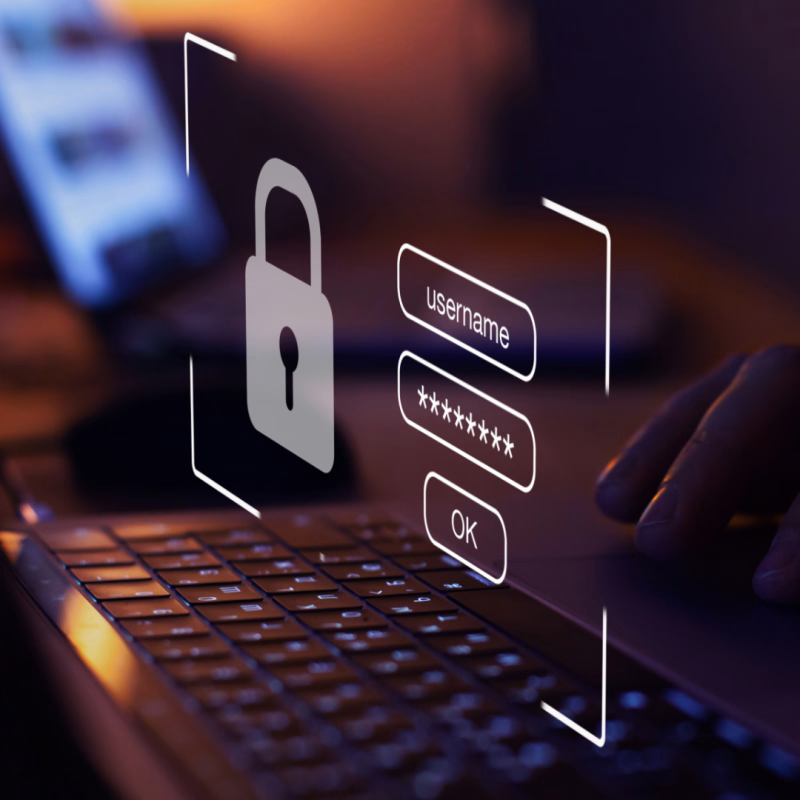Accounting has ancient origins, with early civilizations like the Mesopotamians, Egyptians, and Babylonians developing rudimentary methods to record transactions and manage resources. The Sumerians used clay tokens to represent goods and transactions, storing these tokens in clay envelopes as an early form of accounting records. In ancient Egypt, scribes meticulously documented financial activities on papyrus, recording lists of expenditures, goods received, and taxes collected. The Babylonians utilized clay tablets and an early form of the abacus, standardizing weights and measures with the Code of Hammurabi to guide commercial transactions and payments. Despite these advancements, accounting remained a challenging and error-prone task before the advent of double-entry bookkeeping. Recording transactions by memory or simple records often led to mistakes and financial mismanagement. These ancient methods, although primitive compared to modern standards, laid the foundation for more sophisticated systems that emerged later, highlighting the importance of innovation in the field of accounting.
Introduction of Manual Accounting
The invention of double-entry bookkeeping in the 15th century by Luca Pacioli, often hailed as the "Father of Accounting," revolutionized the field. This method, meticulously outlined in Pacioli's seminal work "Summa de Arithmetica" provided a systematic approach to recording financial transactions, balancing debits and credits, and ensuring accuracy—a practice that underpins modern accounting principles. Pacioli's method offered a structured way to record every transaction twice—once as a debit and once as a credit—thus ensuring that the books were always balanced. This innovation not only streamlined operations but also provided a reliable financial snapshot of the business, enabling better decision-making and growth.
The Rise of Modern Accounting Software
The advent of computers marked a revolutionary shift in accounting. The introduction of VisiCalc in 1979, the first spreadsheet program, allowed users to perform calculations and organize data electronically, dramatically improving efficiency. Following this, the first dedicated accounting software, Peachtree, was launched in 1978, automating many accounting tasks such as ledger management and invoicing.
Peachtree Software (1978)
Peachtree Software, launched in 1978, was one of the first comprehensive accounting software packages designed for small businesses. It included features like general ledger and invoicing. This software was revolutionary for its time, allowing businesses to automate many of their accounting tasks and improve accuracy and efficiency.
Evolution of Accounting Software
As technology advanced, so did accounting software. In the 1980s, companies like Intuit introduced Quicken (1983) and QuickBooks (1984), which became popular among small businesses and individuals for their user-friendly interfaces and affordability. These programs allowed users to manage their finances more effectively and provided a foundation for future developments. During this period, accounting software continued to evolve, incorporating more advanced features and capabilities. Software like Sage MAS 90 (1998) and Great Plains Dynamics (1981) became widely used, offering modules for inventory management, project accounting, and more. These programs helped businesses streamline their operations and manage complex financial data more efficiently.
As the internet became more prevalent, accounting software began to transition from desktop-based solutions to web-based applications. However, many businesses still preferred non-cloud-based software due to concerns about data security, internet connectivity, and control over their data. Non-cloud-based software, such as Sage 50 (formerly Peachtree Accounting), continued to be popular, offering robust features and reliable performance without the need for constant internet access.
Cloud-Based Accounting
Cloud-based accounting refers to any accounting software that stores data on remote servers accessed via the internet. This model offers the flexibility of accessing financial information from any location with internet connectivity. The main focus is on the storage and accessibility of data rather than the specific delivery method of the software itself.
SaaS (Software as a Service) is a specific type of cloud-based service. SaaS accounting software is provided over the internet and is hosted by the service provider. Users typically subscribe to the software and access it through a web browser. SaaS emphasizes the software delivery model, which includes the management of software updates, security, and infrastructure by the provider.
SaaS (Software as a Service) Accounting Software
SaaS accounting software has revolutionized the way businesses manage their finances by offering cloud-based solutions that are accessible from anywhere with an internet connection. These platforms, such as QuickBooks Online, Xero, and FreshBooks, provide comprehensive accounting features including invoicing, expense tracking, payroll management, and financial reporting. The subscription-based model of SaaS accounting software eliminates the need for expensive upfront investments in hardware and software licenses, making it an attractive option for businesses of all sizes.
Additionally, SaaS providers handle all maintenance, updates, and security, ensuring that users always have access to the latest features and can focus on their core business operations. The flexibility and scalability of SaaS accounting software make it ideal for growing businesses. Users can easily scale their usage and subscription plans according to their needs, and the real-time data access facilitates better financial decision-making and collaboration.
While concerns about data security and internet dependency exist, the benefits of SaaS accounting software—such as automatic updates, reduced IT overhead, and ease of use—outweigh these challenges for many businesses. As technology continues to evolve, SaaS accounting solutions are likely to incorporate more advanced features like AI-driven analytics and blockchain-based security measures, further enhancing their value and effectiveness.
Current Scenario
The landscape of accounting software has evolved significantly, driven by technological advancements and changing business needs. Currently, cloud-based and SaaS (Software as a Service) solutions dominate, offering real-time access to financial data, automation of routine tasks, and integration with other business applications. These platforms are subscription-based, reducing upfront costs and ensuring users always have access to the latest features without the need for extensive in-house IT support. Key trends include the adoption of AI for advanced analytics, blockchain for enhanced security, and mobile accessibility for managing finances on-the-go. As technology continues to progress, accounting software is expected to become even more sophisticated, providing businesses with deeper insights and greater efficiency in financial management.
Future of Accounting Software
The future of accounting software looks promising, with continuous advancements and innovations on the horizon. Emerging technologies such as artificial intelligence (AI) and machine learning are expected to play a significant role in automating more complex accounting tasks, providing predictive analytics, and enhancing decision-making capabilities. Blockchain technology is also anticipated to revolutionize the field by offering greater security and transparency in financial transactions.
In addition, we can expect to see more advanced integration capabilities, allowing accounting software to seamlessly connect with various business applications, from CRM systems to e-commerce platforms. This will create a more unified and efficient workflow for businesses. The emphasis on mobile accessibility will continue to grow, enabling professionals to manage their finances on-the-go with even more sophisticated mobile apps.
Overall, the future of accounting software will likely focus on providing smarter, more secure, and highly integrated solutions that enhance the efficiency and strategic value of financial management.
Recent Insights
The Fundamentals of Effective Accounts Receivable Management
07 Aug, 2025 12:07 PM
The Fundamentals of Effective Accounts Payable Management
31 Jul, 2025 11:03 AM
Ensuring Data Security and Confidentiality in Cloud Accounting
10 Jul, 2025 15:51 PM
Strategic Benefit of Kochi Over Other Metro Cities in India
03 Jul, 2025 13:59 PM




